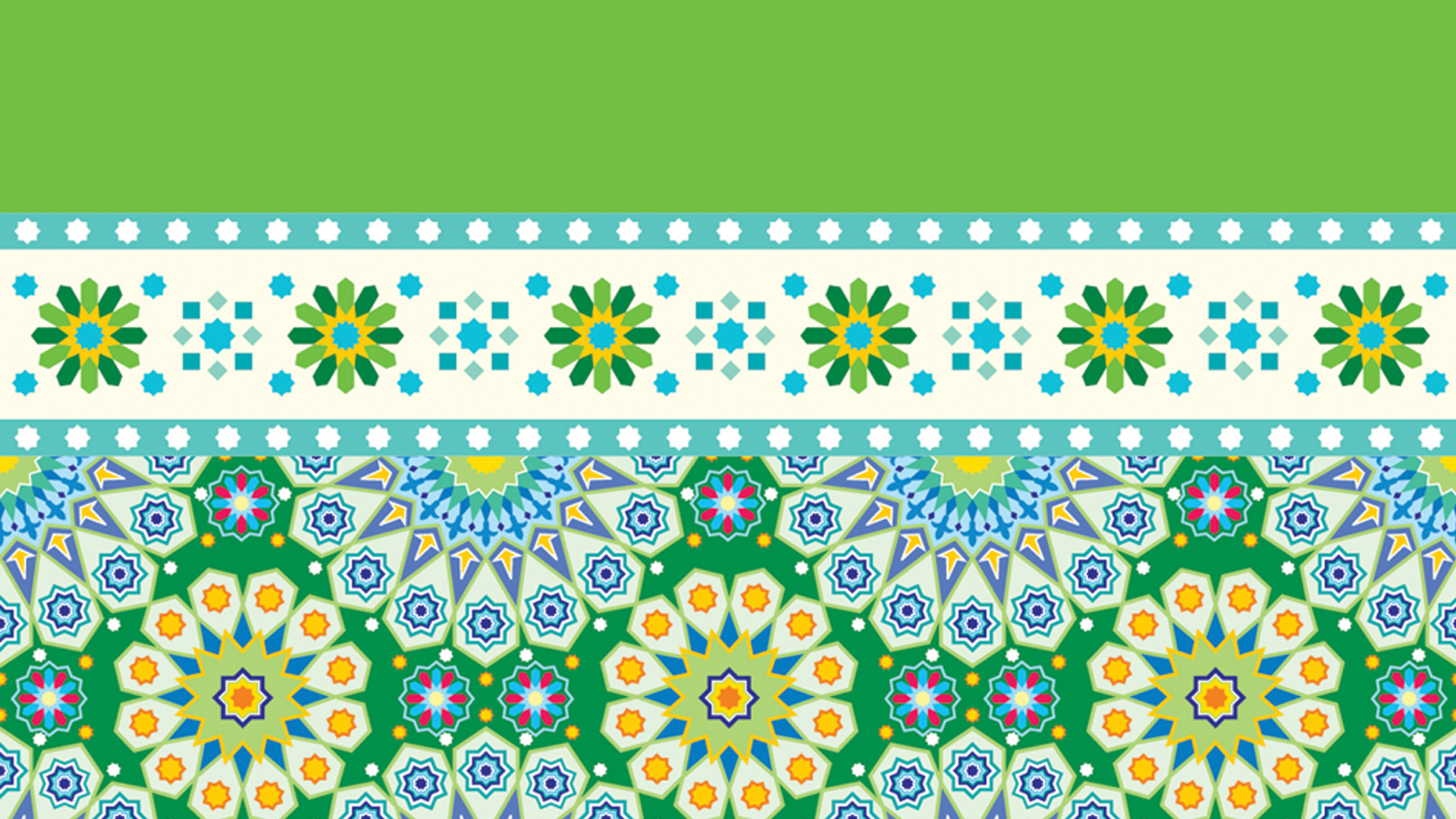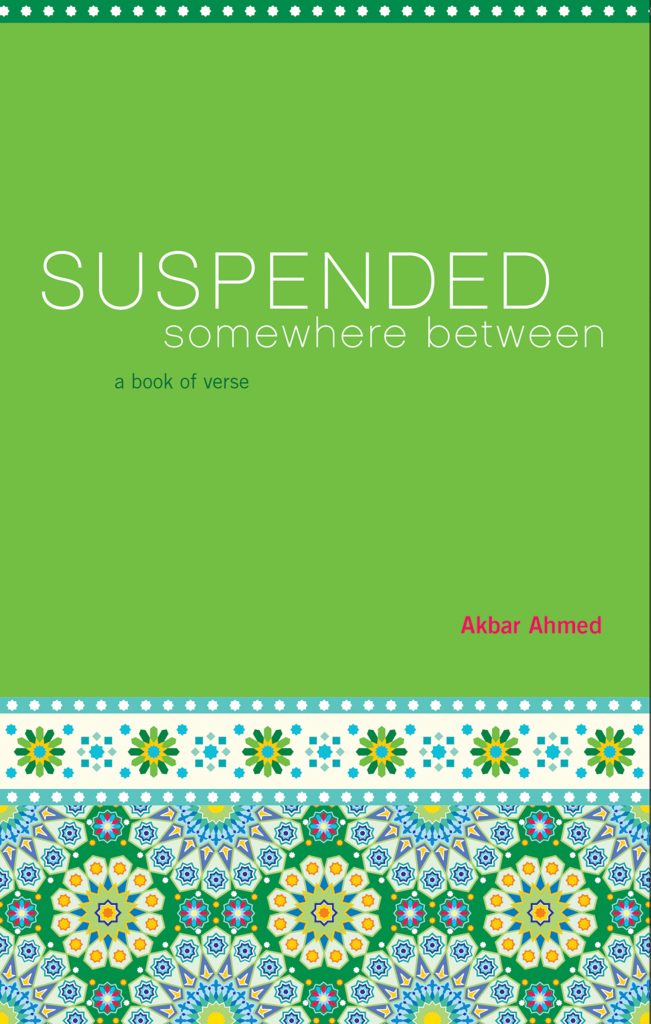By SJ Ahmed
Writers Hub
September 30, 2011
Before I commence, I have a confession to make. When I was asked
to review this poetry collection I had never heard of Akbar Ahmed. This
is in spite of: the coincidence of our common surname; his many
award-wining non-fiction books investigating the varied nature of
Islamic faith, one of my long-standing areas of interest; and the fact
that for many years he served as Pakistan’s High Commissioner to the UK,
both countries I have called home at some point in my life.
This information should also provide the reader with some context to Akbar Ahmed’s collection of poems Suspended Somewhere Between.
This wide ranging collection charts his extraordinary life across
decades and continents in verse form but, in doing so, also manages to
provide the poet’s personal understanding of the history of Pakistan.
The
collection’s strength lies in the poems in the section simply named
“Pakistan”, which contains some of the most unexpectedly vivid poetry I
have read in a long time. The book opens with the dramatic Train to
Pakistan, chronicling a child’s first memory, a trip in a crowded train
with his parents. And yet, this is no ordinary train ride. Because the
journey recalled is on a train from India to Pakistan at the time of the
furious bloodbath that was the two countries’ birth and when train
travel became synonymous with mass murder of the passengers from both
sides, forced to flee their homelands for a new life. The poem
masterfully mixes the child’s innate need to trust in love with the
young adult’s knowledge that all, bar the train driver, on the previous
train had been slaughtered.
There are so many other noteworthy
poems in this collection that it is hard to do them all justice in the
limited space available in this review. walking the streets with the
Dahta is a tour de force of a poem that takes the reader on a stroll
through the living, breathing, and at times, downright scandalous heart
of the city of Lahore on its way to the shrine of the Sufi saint Dahta
Ganj Baksh. Whilst, Pakhtun landscape: a mood paints a different part of
Pakistan, this time its North-Western province that borders
Afghanistan, a land that may appear to the reader of the poem to be
further away from the cultural Lahore than it is in actual map miles.
Although there is no indication of when it was written, the lawlessness
and blood feuds described in this poem could be contemporary.
The
poem they are taking them away records yet another horror that precede
the fall of East Pakistan and which was kept entirely hidden from those
in West Pakistan (the present day Pakistan) by the rulers of the
country. Verses like “incest in the air/ foul vapours in every mouth/
will nobody care/ to break this awful spell” should leave no one in
present day Pakistan able to deny the true extent of the terrible events
during the civil war in 1971.
There are many other striking
poems that I found myself returning to again and again. The Path deals
with the compassion for all “tribes and nations” which is required of
every Muslim by the Quran. The Passing of an Empire draws parallels
between the two Empires witnessed by Ahmed, the dying British Empire he
experienced as a child and the American Empire he observes as an old
man, and is brutal in its honesty towards both. you my father acts as an
ode to the poet’s father and touchingly conveys a son’s attempts at
measuring himself against his father’s accomplishments and coming up
short. nauroz, meaning new year in Persian, has a surprising twist at
the end which will make the reader want to read it again. What is it
that I seek? is the last poem in the collection and a fitting epitaph to
a remarkable and at times surprising collection of poems.







